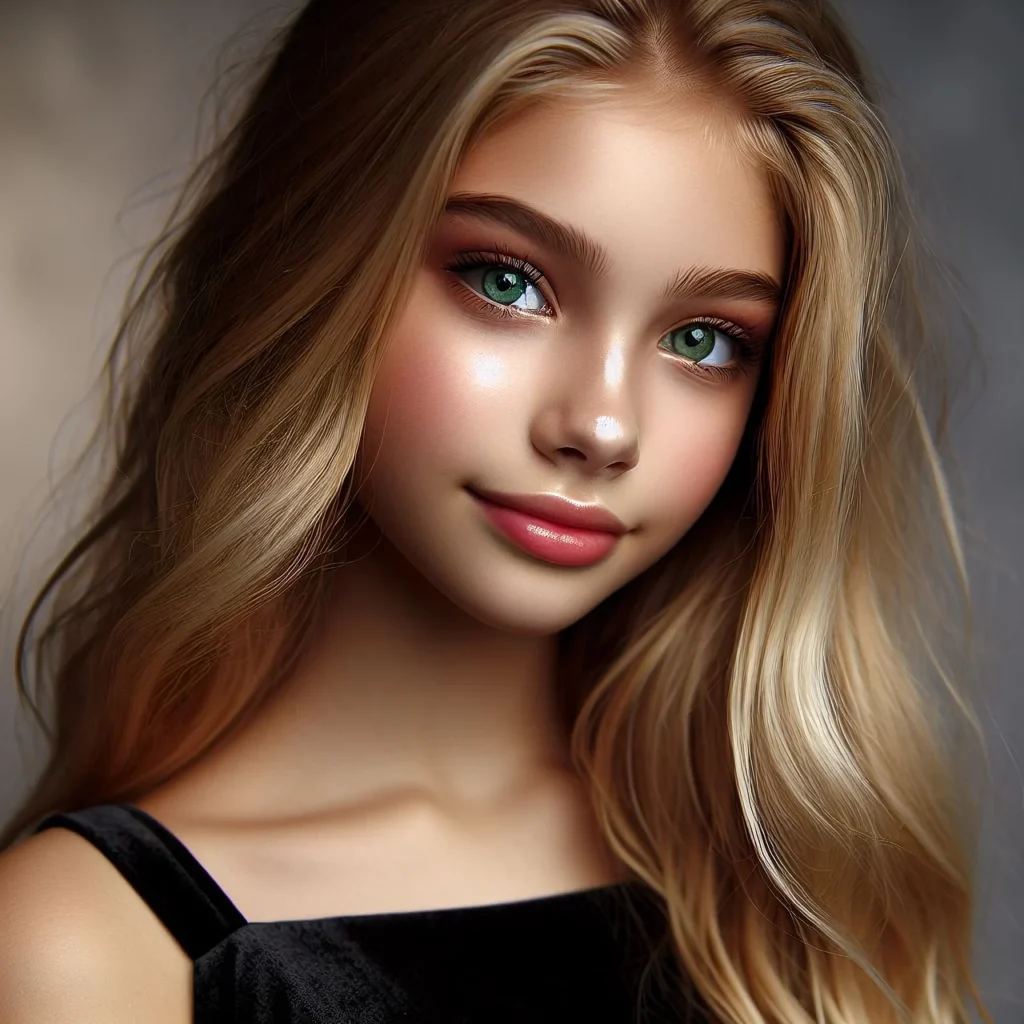Why Full, Thick Hair Is Considered Beautiful: The Fascinating Reasons Behind It (Hair Loss Story #1)
For the original Korean text, visit here.
If you’re curious about the basics of traditional Korean medicine and health, read the following article:
What Your Sleeping Position Says About Your Health
Learn Why Studying JangSang Medicine is Important.
Frequently Asked but Silly Questions (Foods Good for the Liver??)
Thank you for reading.
🧩 Table of Contents
- Introduction: Why Full Hair Matters in Beauty Perception
- The Historical and Cultural Significance of Hair
- Hair as a Symbol of Vitality and Health
- Ancient Medical Perspectives: Hair and Blood Connection
- The Role of Hair in Attractiveness and Mate Selection
- Biological Signals: What Thick Hair Tells About a Person
- Why Hair Loss Is Perceived Negatively
- The Impact of Hormones on Hair Growth and Loss
- The Psychological Effects of Hair Loss
- Hair Density and Aging: Why We Lose Hair as We Age
- Gender Differences in Hair Perception
- Modern Society’s Obsession with Thick, Voluminous Hair
- How Hair Loss Treatments Are Inspired by Ancient Wisdom
- Preventing Hair Loss: The Importance of Nourishing the Body
- Conclusion: Embracing Natural Beauty While Maintaining Healthy Hair
📝 1. Introduction: Why Full Hair Matters in Beauty Perception
Throughout human history, thick and healthy hair has been viewed as a key attribute of beauty, health, and vitality. Whether it’s long, flowing locks or neatly styled curls, people across cultures have consistently associated luscious hair with youth, fertility, and good health. But why exactly do people find thick hair attractive? The answer lies in biology, psychology, and even ancient medical traditions.
🏛 2. The Historical and Cultural Significance of Hair
Hair has always been more than just a physical feature. In many cultures, it symbolizes strength, power, and social status. For example:
- In ancient Egypt, both men and women wore wigs to signify wealth and social standing.
- In ancient China, long hair represented longevity and prosperity.
- In European societies, women’s hair was often associated with femininity and modesty.
Even today, a full head of hair is often associated with youthfulness, attractiveness, and vitality.
🩺 3. Hair as a Symbol of Vitality and Health
One key reason why people desire thick hair is its connection to health. Healthy hair requires a well-functioning body, especially when it comes to blood circulation, nutrient absorption, and hormonal balance. Hair is made of keratin, a protein that requires essential nutrients like iron, zinc, and vitamins to grow. When someone has thick, shiny hair, it signals to others that the person is well-nourished and healthy.
🌿 4. Ancient Medical Perspectives: Hair and Blood Connection
In traditional Chinese medicine and ancient practices like Ayurveda, hair is considered a reflection of one’s internal health, particularly blood health. According to these ancient beliefs:
- Hair is nourished by blood.
- A person with thick, shiny hair has a surplus of blood and vitality.
- Hair loss, thinning, or graying can be signs of blood deficiency or imbalances in the body.
This concept helps explain why people associate full hair with overall health and well-being.
💕 5. The Role of Hair in Attractiveness and Mate Selection
From a biological standpoint, hair plays a significant role in mate selection. Humans instinctively look for signs of fertility, vitality, and health in potential partners, and hair is one of the most visible indicators of these traits. For example:
- Men tend to find women with long, thick hair more attractive because it signals youth and reproductive potential.
- Women are attracted to men with healthy hair as it indicates physical vitality and genetic fitness.
In evolutionary terms, a person with healthy hair is seen as more likely to produce strong, healthy offspring. 
🔬 6. Biological Signals: What Thick Hair Tells About a Person
Hair health can reveal a lot about a person’s internal condition. For instance:
| Hair Condition | Possible Health Indicator |
|---|---|
| Thick, shiny hair | Good blood circulation, strong immune system |
| Thinning hair | Nutrient deficiencies, hormonal imbalances |
| Brittle or dull hair | Stress, poor diet, dehydration |
| Hair loss | Chronic illness, aging, high stress levels |
❓ 7. Why Hair Loss Is Perceived Negatively
Hair loss is often seen as a sign of aging or poor health. In modern society, where youthful appearance is highly valued, hair loss can negatively impact a person’s self-esteem. Additionally, hair loss is sometimes associated with stress, illness, or even reduced fertility. This is why many people go to great lengths to prevent or reverse hair loss through treatments, supplements, and lifestyle changes.
🔄 8. The Impact of Hormones on Hair Growth and Loss
Hormones play a crucial role in hair health. For example:
- Testosterone and DHT (dihydrotestosterone) can cause male pattern baldness.
- Estrogen levels affect hair density in women, particularly during pregnancy and menopause.
- Cortisol (the stress hormone) can contribute to hair loss by disrupting the hair growth cycle.
Understanding the hormonal connection is key to managing hair loss effectively.
🧠 9. The Psychological Effects of Hair Loss
Hair loss doesn’t just affect a person’s appearance — it also impacts their mental health. People experiencing hair loss often report feelings of:
- Low self-esteem
- Anxiety
- Social withdrawal
- Depression
That’s why addressing hair loss is about more than just aesthetics; it’s also about improving a person’s overall well-being.
🌱 10. Hair Density and Aging: Why We Lose Hair as We Age
As we age, our hair naturally becomes thinner and less dense. This happens due to:
- Reduced blood flow to the scalp
- Decreased production of hair follicles
- Hormonal changes
Understanding this natural process can help people manage their expectations and take preventive steps to maintain healthy hair for longer.
🧴 11. Gender Differences in Hair Perception
While both men and women value thick hair, the reasons behind this perception differ:
| Men’s Perspective | Women’s Perspective |
|---|---|
| Indicates youth and fertility | Symbolizes vitality and masculinity |
| Enhances femininity | Signals strength and genetic fitness |
| Associated with beauty | Associated with health and status |
🧪 12. Modern Society’s Obsession with Thick, Voluminous Hair
In today’s beauty industry, products and treatments for hair growth are more popular than ever. From shampoos to hair transplants, people invest heavily in achieving fuller hair.
📚 13. How Hair Loss Treatments Are Inspired by Ancient Wisdom
Modern hair loss treatments often incorporate ingredients and techniques that have been used for centuries, such as:
- Herbal remedies
- Scalp massages
- Diet modifications
These ancient approaches remain relevant in combating hair loss today.
🥗 14. Preventing Hair Loss: The Importance of Nourishing the Body
To maintain healthy hair, it’s essential to provide the body with:
- Iron-rich foods like spinach and red meat
- Protein sources like eggs and fish
- Vitamins and minerals like biotin, zinc, and vitamin D
✅ 15. Conclusion: Embracing Natural Beauty While Maintaining Healthy Hair
While thick, voluminous hair will always be seen as a symbol of beauty and vitality, it’s important to focus on overall health. By nourishing your body from the inside out, you can maintain healthier hair and boost your confidence naturally.
Get LIFETIME ACCESS to “My Private Prompt Library”: https://buymeacoffee.com/mtspromptslibrary/e/236177 By-pass All Content Detectors (Guaranteed Results): https://stealthwriter.ai/?linkId=lp_731486&sourceId=muhammad-talha&tenantId=stealthwriter Looking for a custom GPT? Or SEO services for your website? Book Consultation with me: https://bit.ly/4bgdMGc
